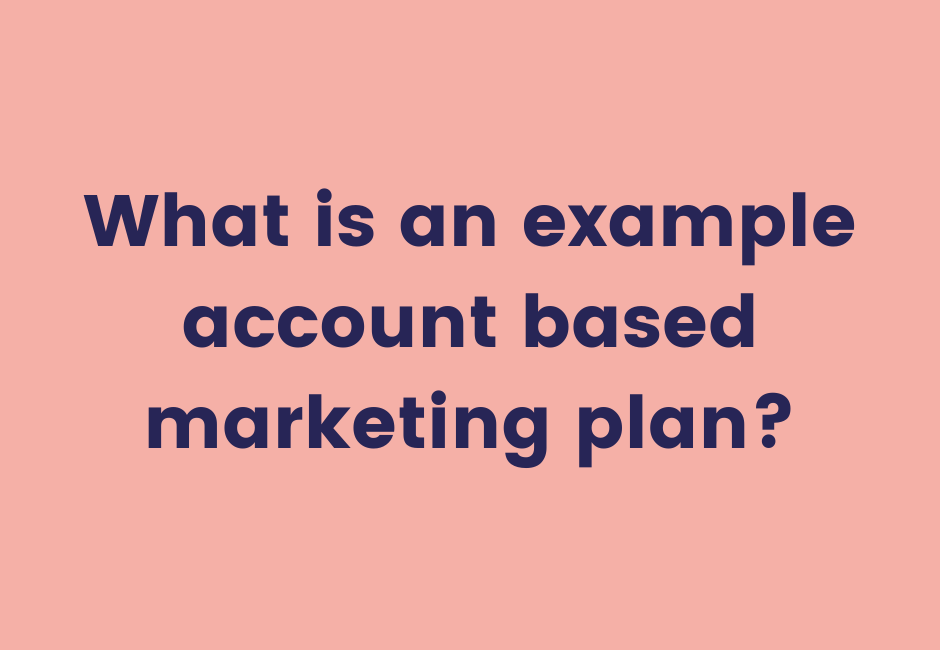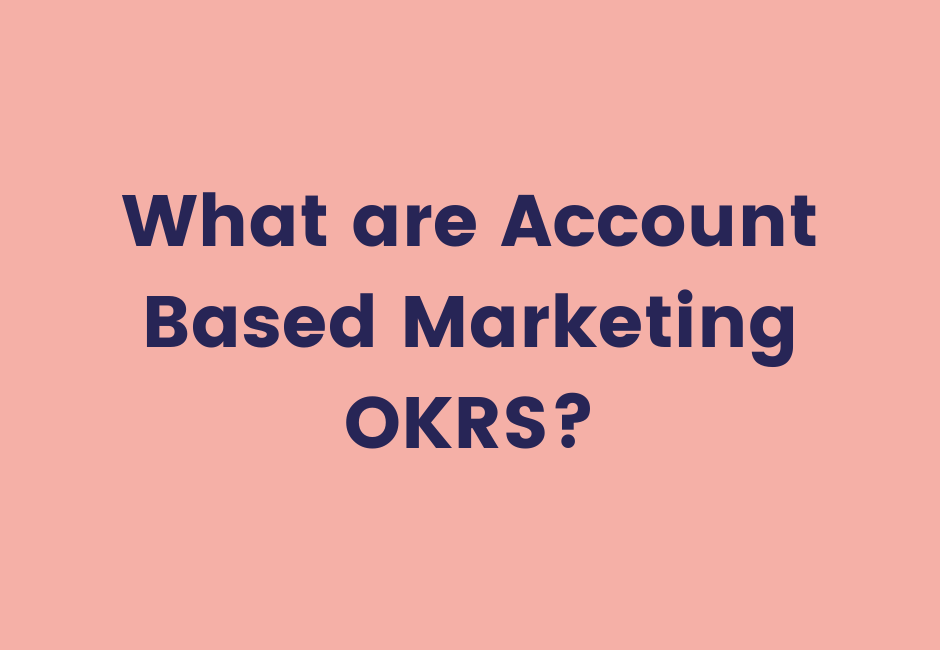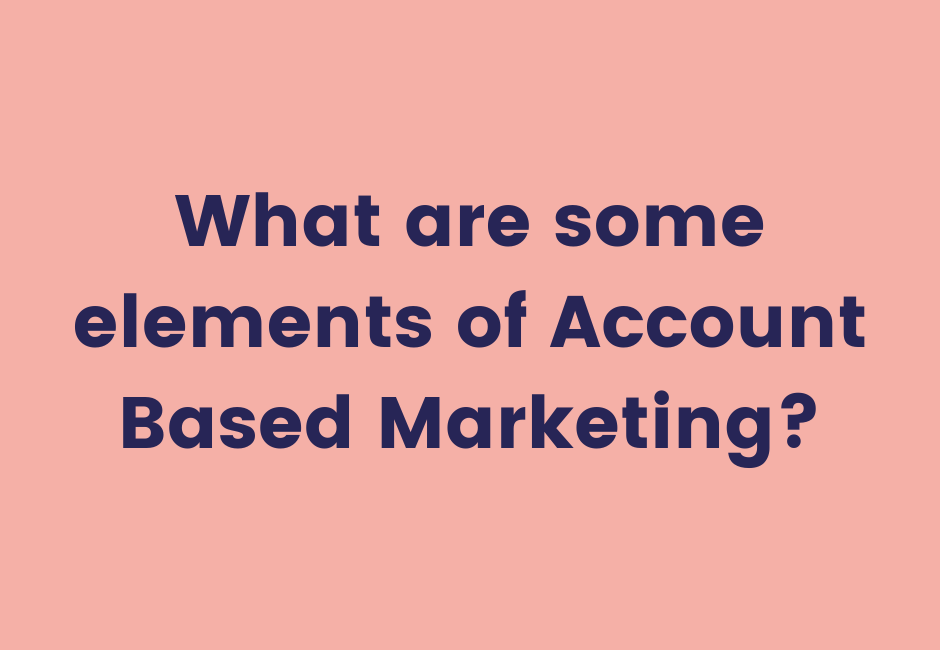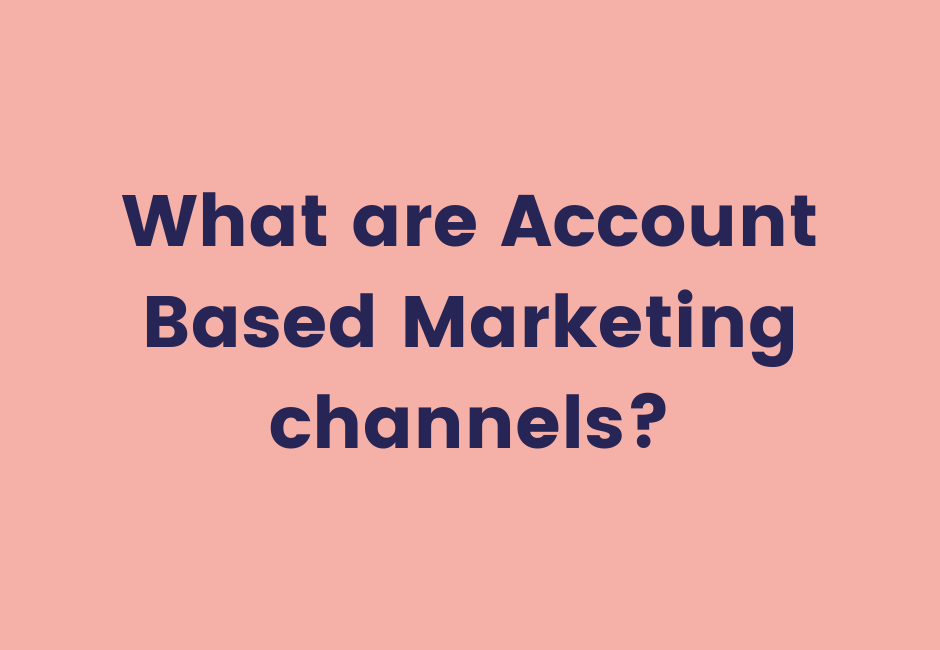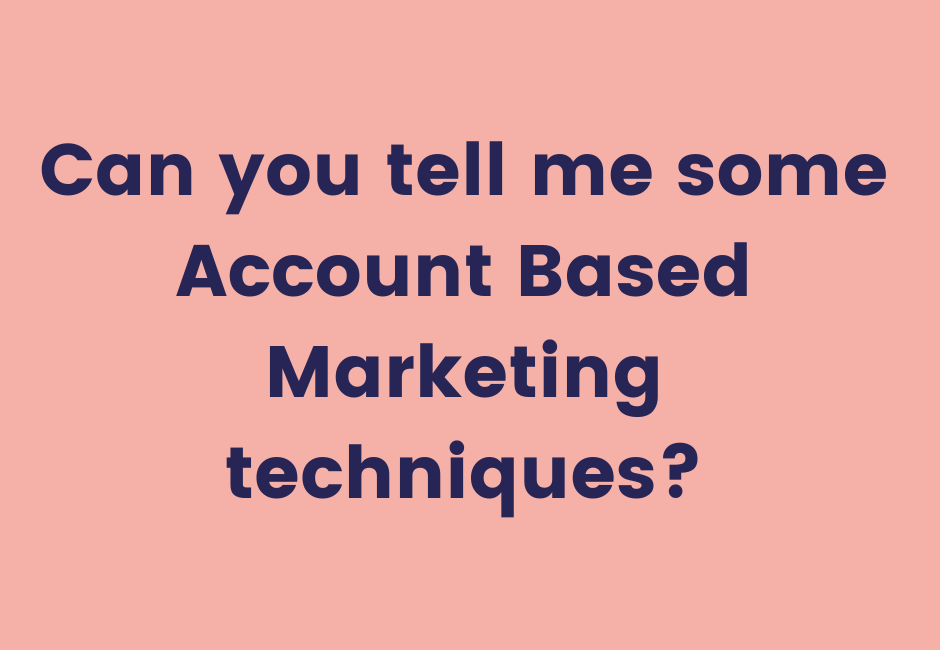In the fast-paced world of technology, Managed Service Providers (MSPs) in the UK constantly seek innovative strategies to stay ahead of the curve. Enter Account-Based Marketing (ABM) - a focused approach that targets specific accounts rather than broad audiences. For UK-based MSPs, ABM offers many advantages that are tailor-made for the British market. Let’s delve into the myriad benefits of employing this strategy.
1. Precision Targeting Leads to Better ROI
ABM is all about precision. Instead of casting a wide net and hoping for the best, MSPs can identify and target specific businesses that are most likely to convert. This leads to more efficient use of marketing budgets, ensuring every pound is well spent. For the cost-conscious UK market, this provides a better return on investment.
2. Enhanced Personalisation Drives Engagement
British businesses appreciate a personal touch. With ABM, MSPs can tailor their marketing messages to resonate with each targeted account's unique needs and challenges. This level of personalisation fosters a deeper connection, making prospective clients feel understood and valued.
3. Streamlined Sales and Marketing Alignment
Historically, there has been a disconnect between sales and marketing teams. ABM bridges this gap. By targeting specific accounts, both teams can work cohesively towards a common goal, ensuring that the messaging is consistent and the approach is unified.
4. Understanding the UK Market Nuances
Every market has its intricacies, and the UK is no different. By focusing on account-based marketing, MSPs can delve deeper into UK businesses' specific needs, challenges, and aspirations. This granular understanding enables MSPs to offer solutions that are truly relevant to the British market.
5. Building Long-term Relationships
The UK business landscape values trust and long-standing relationships. ABM is not just about securing a sale; it's about building a lasting rapport. By targeting specific accounts and addressing their unique needs, MSPs can foster loyalty, ensuring clients stick around for the long haul.
6. Efficient Resource Utilisation
For MSPs, resource allocation is crucial. With ABM, marketing efforts are concentrated on high-value accounts, ensuring that resources – time, money, or manpower – are utilised optimally.
7. Real-time Feedback and Adaptability
Given the focused nature of ABM, MSPs can receive real-time feedback from targeted accounts. This provides an opportunity to adapt and refine strategies instantaneously, ensuring that marketing efforts are always aligned with client needs.
Summary
For UK-based MSPs, the shift towards Account-Based Marketing is more than just a trend; it's a strategic move that promises tangible results. ABM stands out as the gold standard for business growth in a market that values precision, personalisation, and long-term relationships. As the digital landscape continues to evolve, those MSPs embracing this targeted approach will undoubtedly be leading the charge in the UK's tech revolution.






